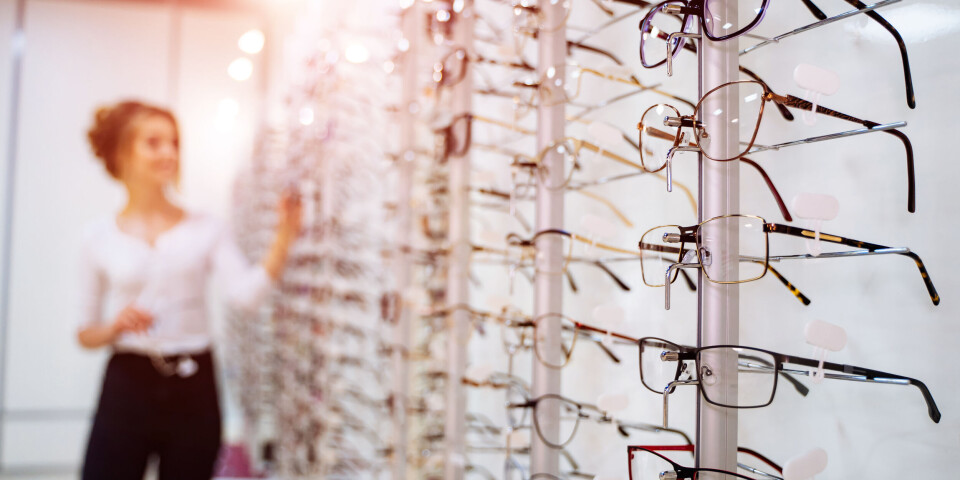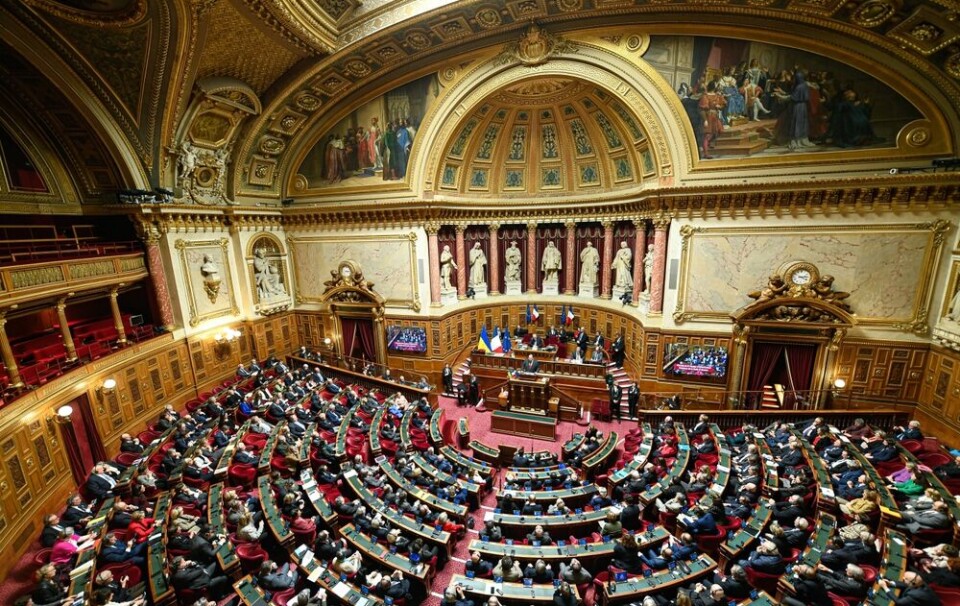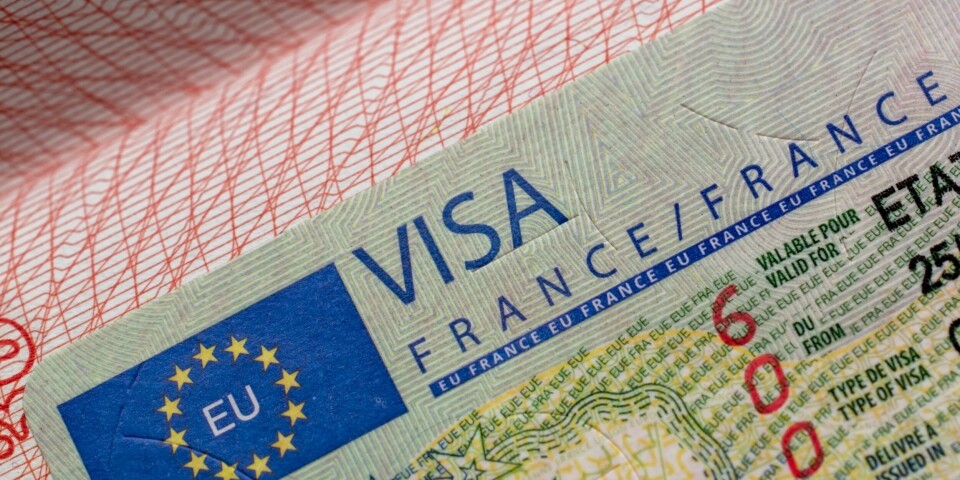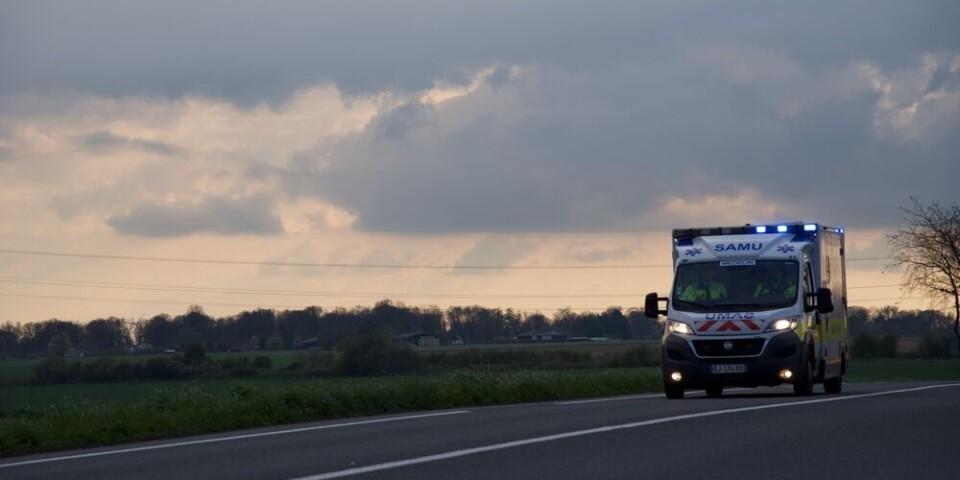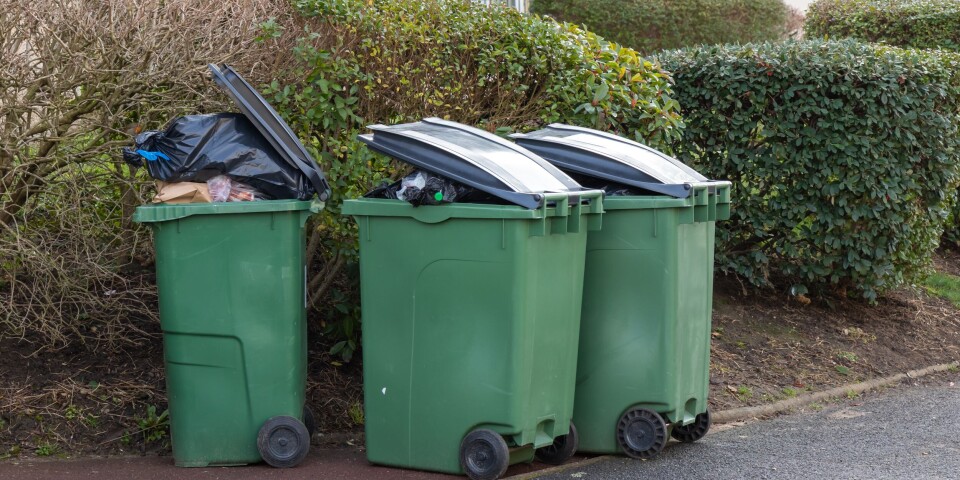-
Air France expands US schedule with direct Paris-Las Vegas route
Airline now offers 19 US destinations
-
2025 small business VAT reform definitively cancelled after Senate vote
New 2026 proposals remain on table but likely to be struck out as MP debates get underway
-
Small drop in percentage of French visa applications being declined
Roughly one in every six visa requests refused in 2024
Shoppers force up food quality in France
Pressure from shoppers for safer and better quality supermarket food is working – with price no longer the only selling point, an industry whistleblower believes.

Christophe Brusset, who worked as a food buyer for 25 years said: “For the first time I have heard a supermarket ad on the radio using quality as the main argument and not price.
“It is a sign that pressure from the public for better and safer food is finally getting through.”
Mr Brusset has written two books exposing horrors he came across during his career.
His first book, Vous êtes fous d’avaler ça (You’re mad to eat that) three years ago, exposed how chilli powder from India went on sale containing mouse droppings and dead mice.
A widely-sold green tea was heavily contaminated with pesticides, and Chinese meat products included rat and fox.
He said: “Price dominated everything. Supermarket annual negotiations were all about low prices and how much suppliers and manufacturers would pay to be in adverts or to contribute to new displays.
“Suppliers then put price pressure on the producers and quality plummeted. It was evident.
“When I worked with spices, some ended up little more than coloured dust.” Manufacturers are equally to blame, boosting cheap ingredients with sugar and water, which then require thickeners and other additives.
He said: “One interviewer brought the food she had served her young son for breakfast, Nestlé drinking chocolate in milk and cereal.
“The chocolate powder was 80% sugar and the cereal 46%.”
In his new book, Et maintenant on mange quoi? (What are we eating now?), he advises avoiding processed food or, if you cannot, choosing food with the shortest list of ingredients.
Even organic food is suspect if it comes ready processed, with dishes having added water, gum and other strange ingredients.
“Prepare food yourself if you able to,” he said. “It is far healthier, often tastier and in the end cheaper.”
Mr Brusset called on shoppers to continue to question stores about what they sell so the message that people care about what they eat gets through.
“A survey from the French research agency Insee this year showed that eating mainly bio-food decreases the risk of getting certain cancers by 80%.
“It is that sort of information which people must act on when they buy and they must pass on their concerns to the stores.”




